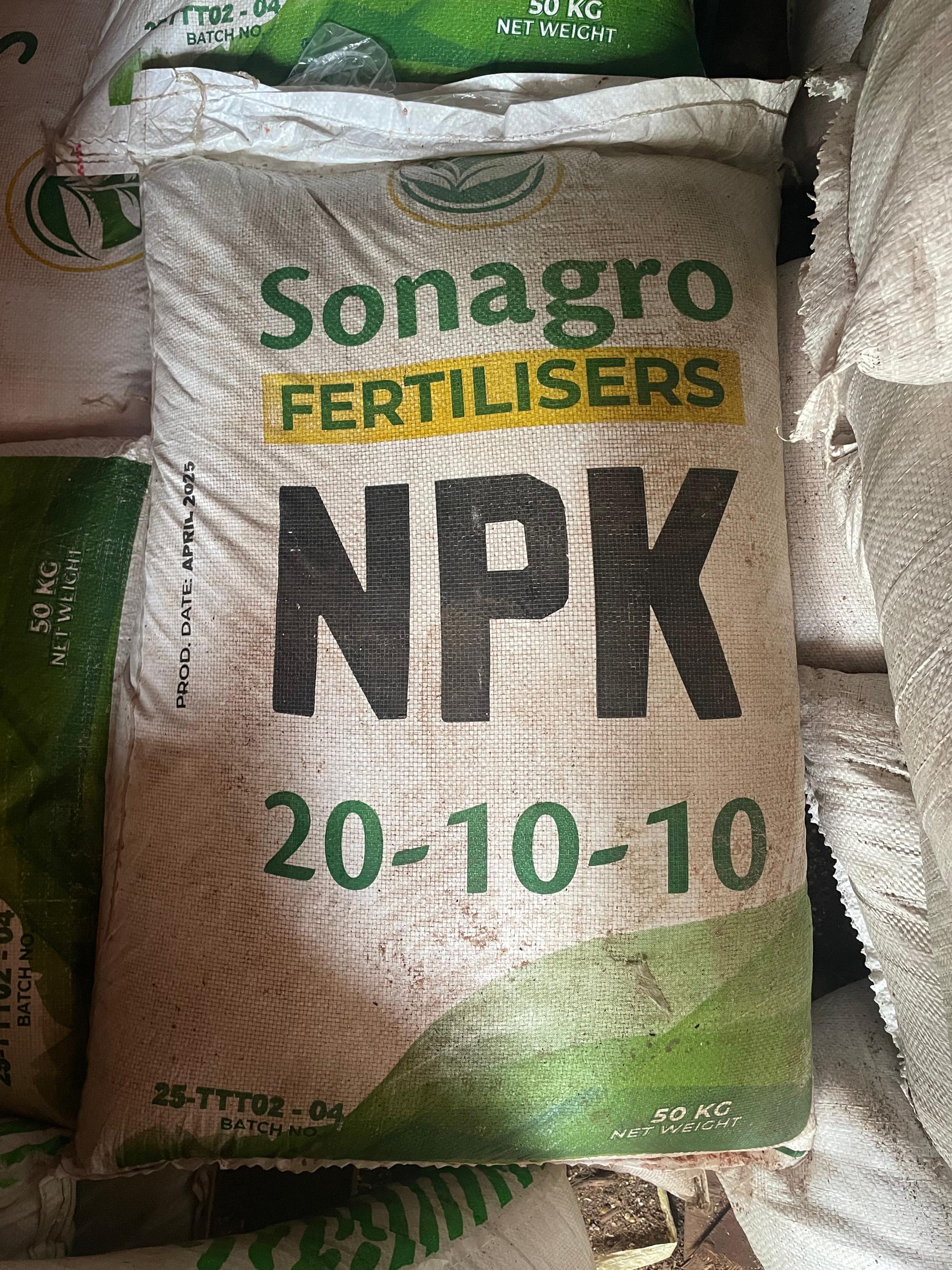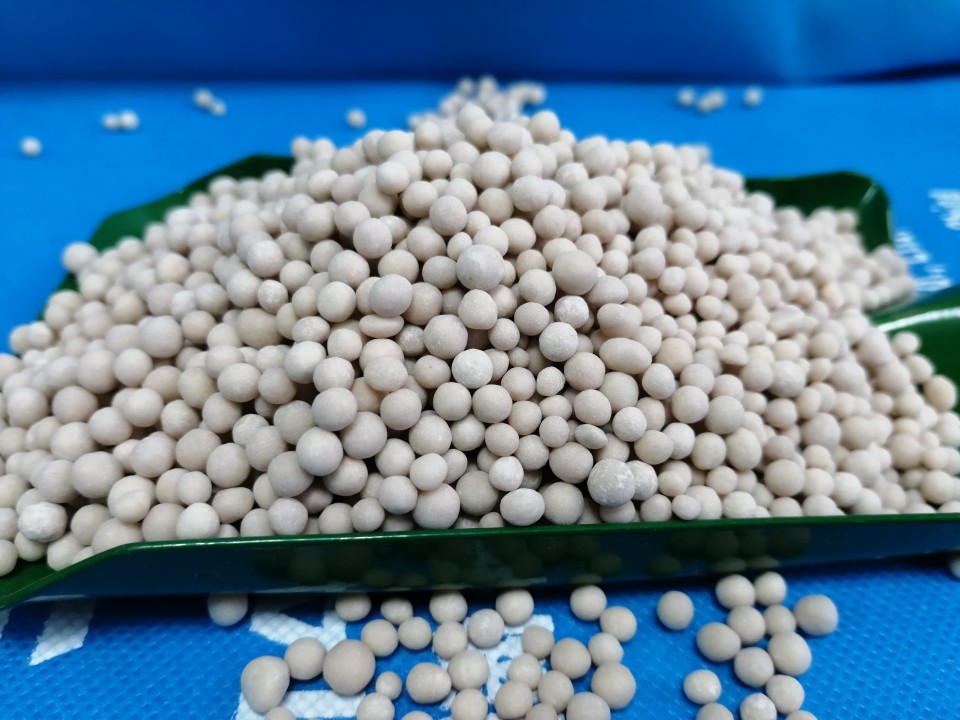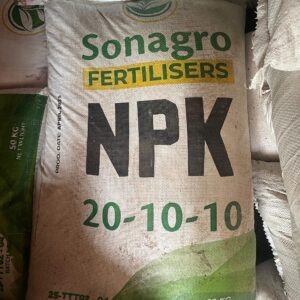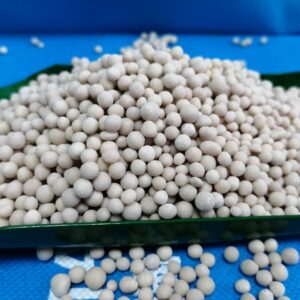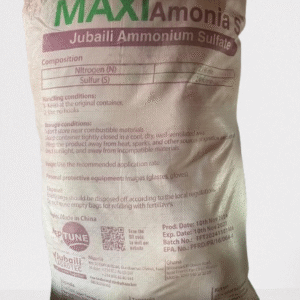NPK fertilizer is a critical input for plant growth, containing the three primary nutrients that plants need:
🌱 Importance of NPK Fertilizer on Plants
| Nutrient | Symbol | Role in Plant Growth |
|---|---|---|
| Nitrogen | N | Promotes leaf growth, chlorophyll production, and overall vegetative growth. |
| Phosphorus | P | Supports root development, flowering, and seed/fruit production. |
| Potassium | K | Enhances disease resistance, strengthens plant structure, and improves water regulation and quality of fruits/grains. |
✅ 1. Nitrogen (N) – Growth & Greenness
-
Encourages lush green leaves and rapid growth.
-
Crucial for photosynthesis and protein formation.
-
Especially important in leafy vegetables and grasses.
✅ 2. Phosphorus (P) – Roots & Reproduction
-
Promotes strong root systems.
-
Essential for flower and fruit development.
-
Aids in energy transfer (ATP), key for plant metabolism.
-
Especially important in fruiting crops like tomatoes, peppers, and legumes.
✅ 3. Potassium (K) – Strength & Stress Resistance
-
Helps plants tolerate drought, cold, and disease.
-
Improves fruit size, taste, and shelf life.
-
Regulates water uptake and enzyme activity.
-
Especially useful in crops like potatoes, bananas, and citrus fruits.
🌿 Benefits of NPK Fertilizer
-
Provides a balanced nutrient supply.
-
Supports healthy growth from seedling to harvest.
-
Boosts crop yield and quality.
-
Corrects nutrient deficiencies in the soil.
-
Increases economic return for farmers when applied properly.
⚠️ Use Wisely
-
Overuse can lead to:
-
Soil degradation
-
Water pollution (especially nitrogen and phosphorus runoff)
-
Imbalanced nutrient uptake
-

